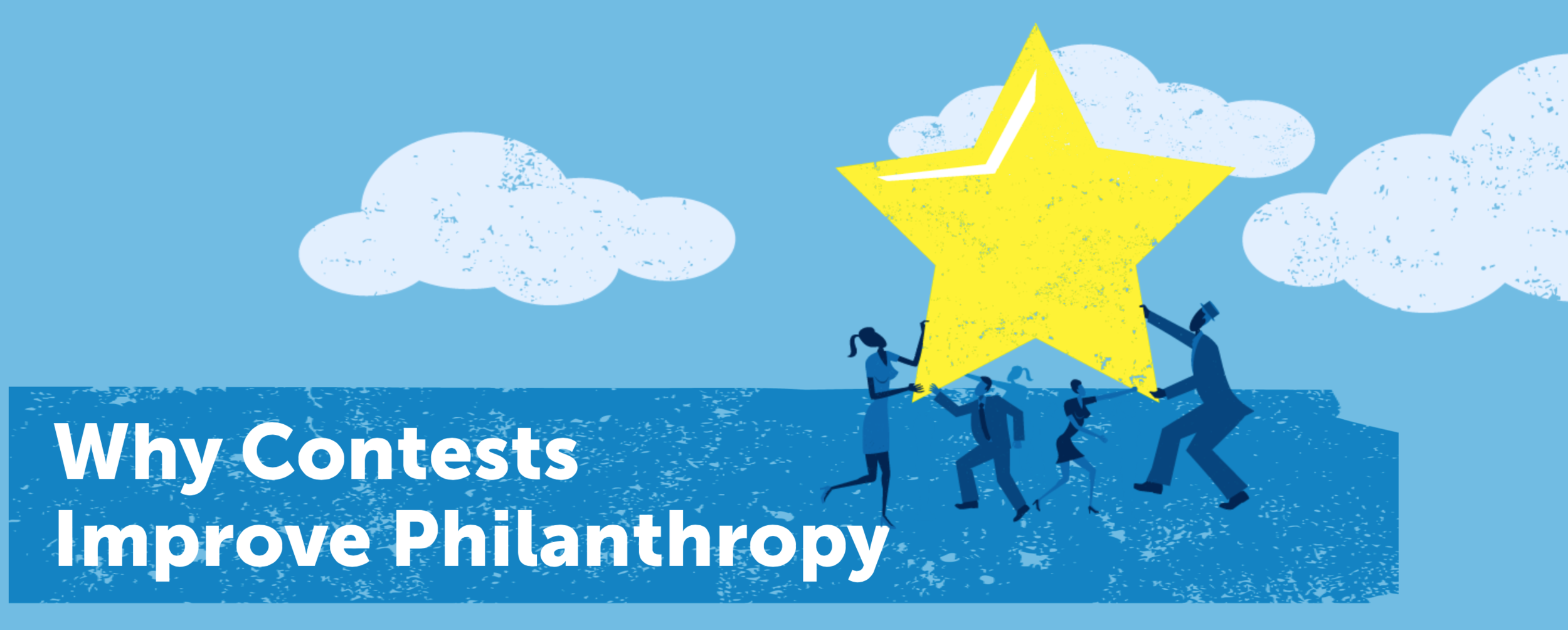Hold a contest, build your community
/Everyone likes to win something.
And even when you don't win, you probably like to play (think sweepstakes, PowerBall and trivia nights).
Now a new study from the John S. and James L. Knight Foundation shows how contests can actually improve philanthropy — and expand your community.
Knight President & CEO Alberto Ibarguën says:
Contests are a wonderful device for engaging the imagination of communities.
Knight offers six lessons about how contests can boost your "community:"
- "Contests bring in new blood and new ideas" by exposing your organization to new people and new thinking.
- "Contests create value beyond the winners." Most people will never enter a contest, but Knight suggests that just by holding the contest — and having people experience it, even from the sidelines — non-profits can engender more engagement and, ultimately, support.
- "Contests help you spot emerging trends." One example is the emergence of data journalism and the importance of mobile apps, which came from Knight's News Challenge.
- "Contests will change your routine" by looking beyond traditional audiences and funding sources and allowing you to "experiment" with your brand.
- "Contests go hand in glove with existing program strategies" by building on existing community priorities and even kickstarting areas where your traditional efforts have fallen flat.
- "Contests should thoughtfully engage the community." This is probably the most important because you can engage your community to judge your contest — and that is both empowering and engaging!
But remember, as with everything, don't just do it to try something new — make sure it is part of a broad and well-considered strategy.
Knight's best advice:
Foundations shouldn’t undertake a contest as a lark or a just-for-the-heck-of-it enterprise. The most successful are embedded in existing program strategies. They are simply a different way to tackle a foundation’s key areas of focus.
Download and read the study: "Why Contests Improve Philanthropy: Six Lessons on Designing Public Prizes for Impact.”



